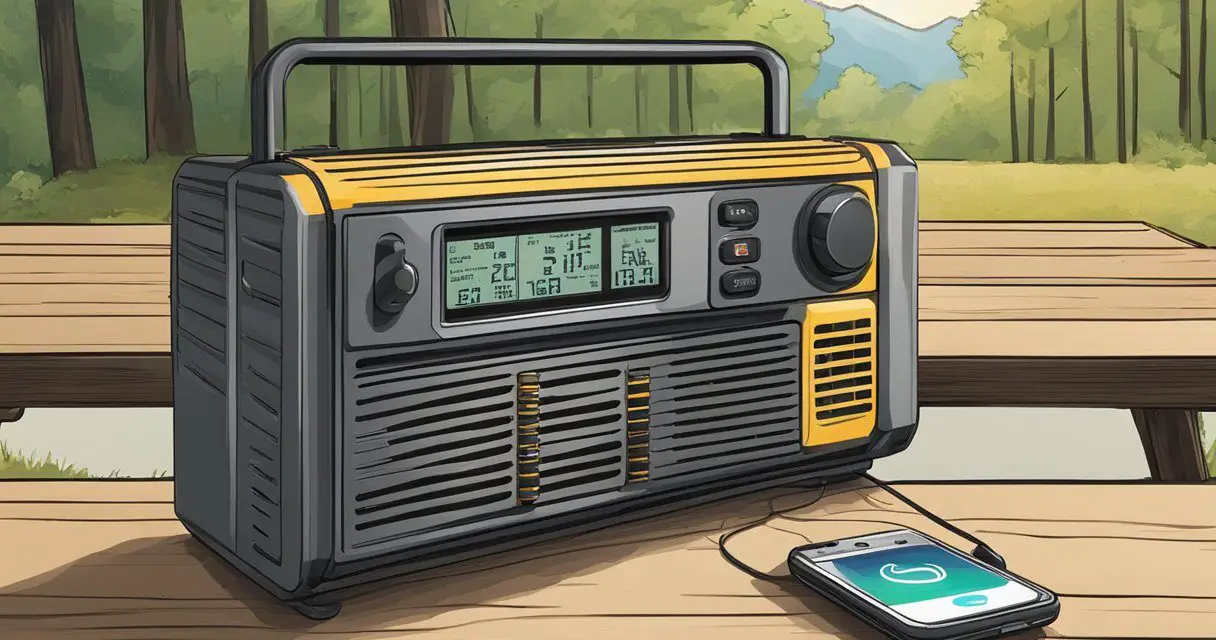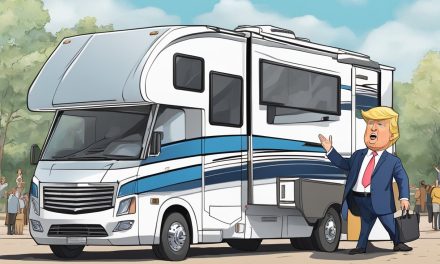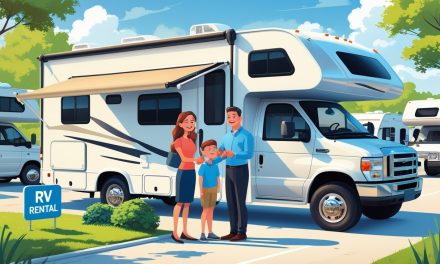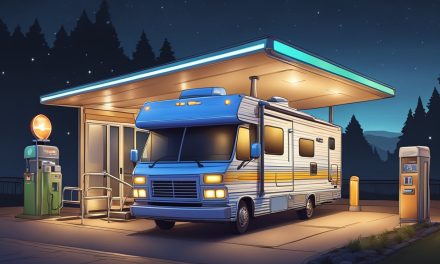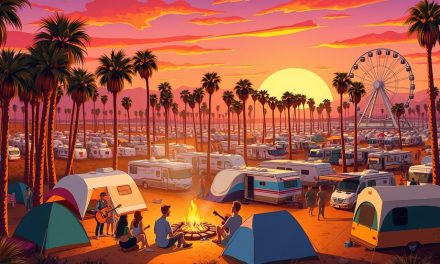When you’re out on the open road in your RV, the last thing you want to think about is a natural disaster striking. However, being prepared for the unexpected is crucial to ensure your safety and the safety of your loved ones.
From flash floods to falling trees, natural disasters can turn an idyllic RV trip into a nightmare in an instant.
The video below outlines essential tips to help you avoid natural disasters while RVing.
1. Understanding Your Environment
“Are you in a flood zone? What are the local weather hazards?” These are the first questions you should ask when you arrive at a new campsite. According to the video, situational awareness is key to avoiding natural disasters. Take some time to walk around the park and inspect your surroundings. Look for potential hazards like low-lying areas that could flood, or large trees that could fall.
“One of the easiest ways to obtain this location-specific information is just to ask the campground manager.”
If you see a duck wearing a life jacket, it might be a good idea to park your RV elsewhere.
2. Always Have a Weather Radio
Whether you’re driving or stationary, having a weather radio on hand is a must. The video emphasizes the importance of being signed up for weather alerts, even if you’re just passing through an area. Knowing what county you’re in can also help you stay informed about local weather threats.
“You had better have a weather radio on hand and you better be signed up for alerts.”
Think of your weather radio as your RV’s version of a crystal ball, but instead of predicting your future, it tells you when to run for the hills.
3. Create an Emergency Plan
Just like fire drills in school, having an emergency plan for your RV is essential. The video suggests running through drills to know where your “hunker down line” versus “abandon ship line” is. This means knowing when to stay put and when it’s time to evacuate.
“You need to know where your hunker down line versus Abandoned Ship line is for you.”
If your emergency plan involves grabbing your favorite snacks first, you might need to rethink your priorities.
4. Pack a Go Bag
A go bag is not just for doomsday preppers; it’s a practical necessity for RVers. According to the video, your go bag should include essentials like water, food, proper shoes, and a flashlight. Don’t forget items for your pets if you have them.
“Dry socks in a rain suit are worth more than gold in a disaster.”
If your go bag has more snacks than survival gear, you might be more prepared for a Netflix binge than a natural disaster.
5. Make Friends with Your Neighbors
Your neighbors can be your first line of defense in an emergency. The video stresses the importance of building a community with fellow RVers. In a dire situation, your neighbors are literally right there and can provide immediate assistance.
“Remember to make friends with your neighbors; you may be together longer than you thought.”
If your neighbor is a gourmet chef, making friends could also mean better meals during the apocalypse.
Don’t forget to watch the entire video below for more tips and detailed information. Stay safe out there, fellow RVers!

